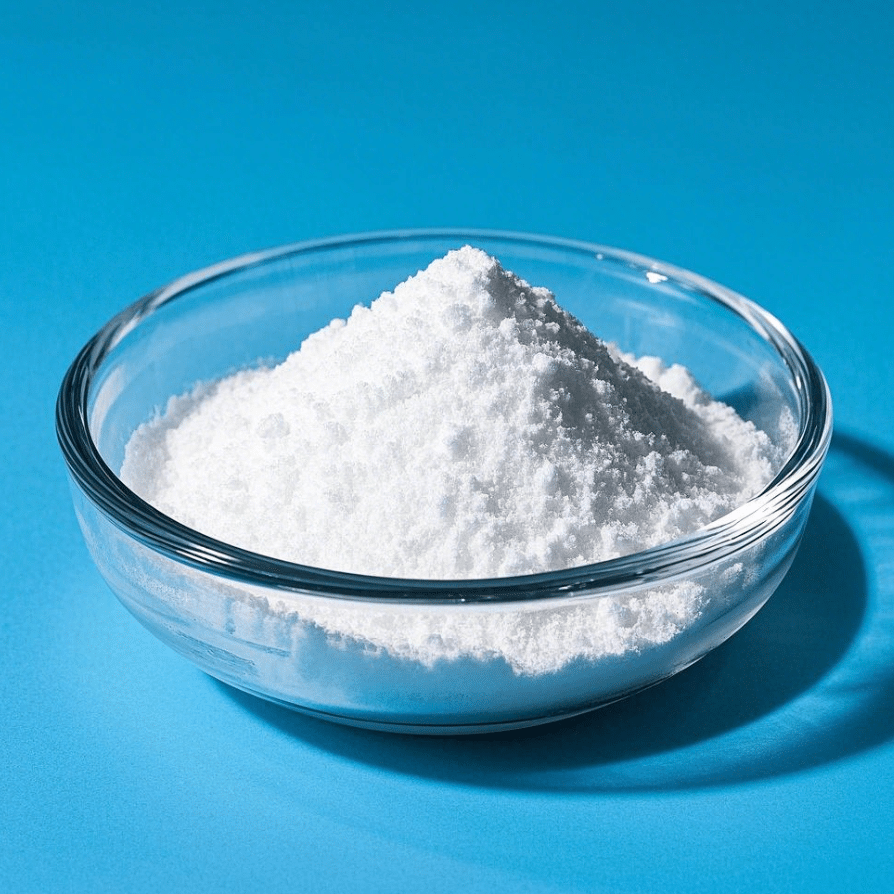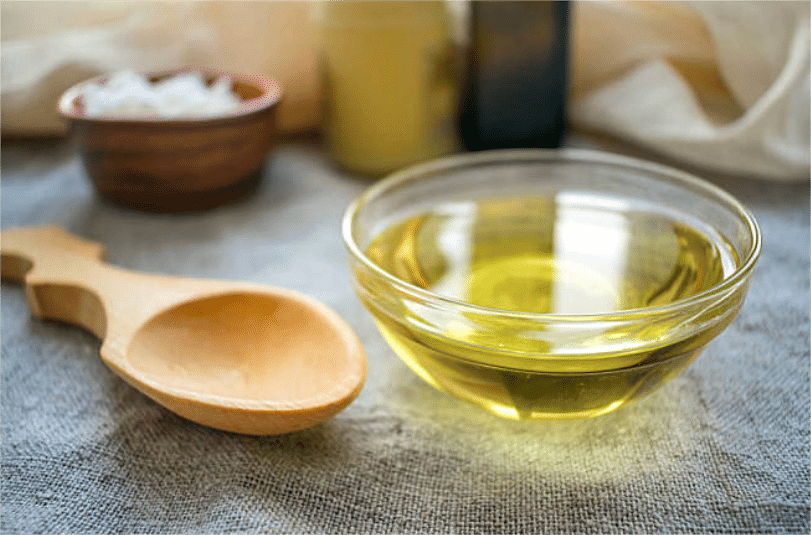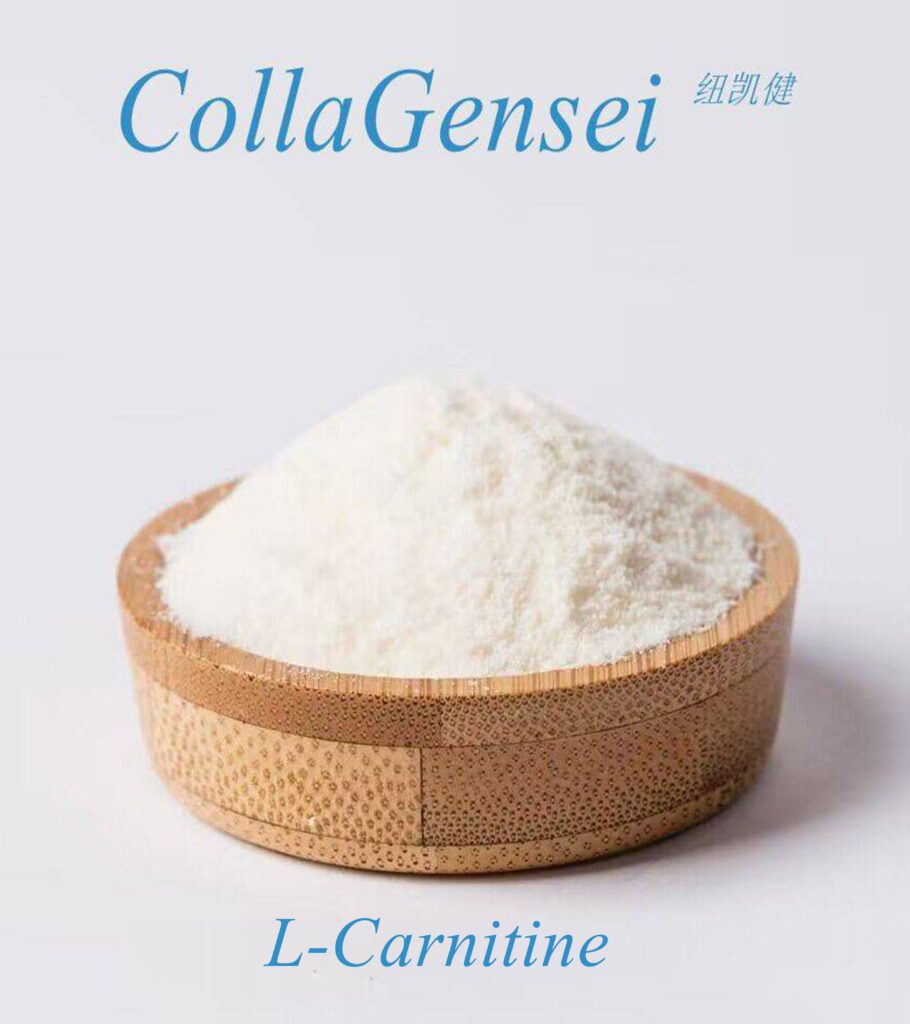Sodium Ascorbate vs Ascorbic Acid: A Comprehensive Guide for B2B Decision Makers
Hey there, fellow vitamin enthusiasts! Today, we’re diving deep into the world of vitamin C derivatives, specifically sodium ascorbate and ascorbic acid. As someone who’s been in the nutraceutical industry for years, I’ve seen my fair share of confusion when it comes to these two powerhouse ingredients. So, grab a cup of tea (or coffee, I won’t judge), and let’s unravel this mystery together!
The Basics: What Are We Talking About?
Before we jump into the nitty-gritty, let’s get our facts straight. Sodium ascorbate and ascorbic acid are both forms of vitamin C, but they’re like fraternal twins – similar, yet distinctly different.
Ascorbic Acid:
– Latin name: Acidum ascorbicum
– CAS number: 50-81-7
– Appearance: White to light yellow crystalline powder
– Taste: Tart and acidic (hence the name!)
Sodium Ascorbate:
– Latin name: Natrii ascorbas
– CAS number: 134-03-2
– Appearance: White to yellowish crystalline powder
– Taste: Slightly salty with a mild tang
Both these vitamin C powerhouses are water-soluble and typically come in powder form. However, you might occasionally stumble upon oil-based formulations in the market. Isn’t it fascinating how versatile these ingredients can be?
A Trip Down Memory Lane: The Birth of Vitamin C
Alright, history buffs, here’s a tidbit for you. Ascorbic acid was first isolated way back in 1928 by Albert Szent-Györgyi, a Hungarian biochemist. Talk about a game-changer! Sodium ascorbate came a bit later to the party, as scientists looked for ways to make vitamin C more palatable and less acidic.
Market Darlings: Where Do We Find Them?
Now, let’s talk shop. Where are these vitamin C superstars making waves in the market?
Ascorbic Acid:
1. Food and beverage industry (as a preservative and nutrient enhancer)
2. Skincare products (hello, glowing skin!)
3. Dietary supplements
Sodium Ascorbate:
1. Pharmaceutical preparations
2. Pet nutrition (yep, sodium ascorbate for cats is a thing!)
3. Fortified foods and drinks
But here’s the million-dollar question: how do you choose between sodium ascorbate vs ascorbic acid? Well, it depends on what you’re looking for!
The Battle of Benefits: Sodium Ascorbate vs Ascorbic Acid
Let’s break it down, shall we?
Ascorbic Acid:
– Packs a punch with its high vitamin C content
– Great for skincare (it’s a key player in many anti-aging formulas)
– More economical in some cases
Sodium Ascorbate:
– Gentler on the stomach (a big win for those with sensitive tummies)
– Higher pH, making it less likely to cause tooth enamel erosion
– Often preferred in liquid formulations due to its stability
But wait, there’s more! Did you know that sodium ascorbyl phosphate, a derivative of sodium ascorbate, is gaining popularity in skincare? Some even argue that sodium ascorbyl phosphate vs ascorbic acid is the new skincare showdown to watch!
Safety First: What’s the Scoop?
Now, I know what you’re thinking – “But are they safe?” Good news! Both sodium ascorbate and ascorbic acid have excellent safety profiles when used correctly. However, as with anything in life, moderation is key.
Ascorbic Acid:
– Generally recognized as safe (GRAS) by the FDA
– May cause stomach upset in high doses
Sodium Ascorbate:
– Also GRAS-approved
– Less likely to cause gastrointestinal issues
Remember, folks, always consult with a healthcare professional before starting any new supplement regimen. Safety first!
From Lab to Shelf: The Production Process
Ever wondered how these vitamin C wonders come to life? Let’s take a peek behind the curtain.
Ascorbic Acid:
Traditionally produced through the Reichstein process, which involves several chemical steps starting from glucose. However, newer, more sustainable methods using fermentation are gaining traction.
Sodium Ascorbate:
Typically produced by neutralizing ascorbic acid with sodium bicarbonate or sodium hydroxide. It’s like a little chemistry experiment in action!
The production process can significantly impact the cost and quality of the final product. So, if you’re in the market for these ingredients, don’t be shy about asking your suppliers about their manufacturing methods!
Legal Eagles: Regulatory Landscape
Now, let’s talk about the not-so-fun (but super important) stuff – regulations. The regulatory status of sodium ascorbate and ascorbic acid can vary depending on where you are in the world.
In the US:
– Both are considered GRAS for use in foods
– Ascorbic acid is approved as a food additive
– Sodium ascorbate is often used in dietary supplements
In the EU:
– Both are approved food additives (E300 for ascorbic acid, E301 for sodium ascorbate)
– Specific regulations exist for their use in different food categories
Always make sure to check the most up-to-date regulations in your target markets. Trust me, it’ll save you a headache down the road!
Market Trends: What’s Hot and What’s Not?
Let’s put on our business hats for a moment. The global market for vitamin C (including both ascorbic acid and sodium ascorbate) is booming! We’re talking billions of dollars here, folks.
– Ascorbic acid still dominates the market, but sodium ascorbate is gaining ground
– The Asia-Pacific region is seeing the fastest growth (hello, emerging markets!)
– Increased consumer awareness about health and wellness is driving demand
Pro tip: Keep an eye on the vitamin C sodium ascorbate powder market. It’s a niche that’s showing some interesting growth patterns!
FAQs: Because You Asked (Or Were Too Afraid To)
1. Which are gentler on the stomach, Sodium Ascorbate or Ascorbic Acid supplements?
Sodium Ascorbate is generally gentler on the stomach, especially for those with sensitive digestion.
2. Are Sodium Ascorbate and Ascorbic Acid equally acidic?
Ascorbic Acid is significantly more acidic, while Sodium Ascorbate is pH-neutral.
3. Are Sodium Ascorbate and Ascorbic Acid similarly priced?
Ascorbic Acid is usually less expensive due to simpler manufacturing processes.
4. Are Sodium Ascorbate and Ascorbic Acid equally bioavailable?
Both are well-absorbed, but Ascorbic Acid may have slightly higher bioavailability.
5. Are Sodium Ascorbate and Ascorbic Acid equally stable in supplement form?
Sodium Ascorbate is generally more stable, especially in liquid or powder formulations.
6. Are Sodium Ascorbate and Ascorbic Acid equally suitable for high-dose vitamin C therapy?
Sodium Ascorbate is often preferred for high-dose therapy due to its lower acidity.
7. Are Sodium Ascorbate and Ascorbic Acid equally beneficial for bone health?
Neither Sodium Ascorbate nor Ascorbic Acid provide specific benefits for bone health.
8. Are Sodium Ascorbate and Ascorbic Acid equally effective as antioxidants?
Both are effective antioxidants, with Ascorbic Acid possibly having a slight edge in potency.
9. Are Sodium Ascorbate and Ascorbic Acid equally suitable for all age groups?
Sodium Ascorbate may be more suitable for those with sensitive stomachs or acid reflux issues, regardless of age.
10. Are Sodium Ascorbate and Ascorbic Acid equally likely to cause dental erosion?
Ascorbic Acid is more likely to cause dental erosion due to its higher acidity.
11. Are Sodium Ascorbate and Ascorbic Acid equally recommended for use in skincare products?
Ascorbic Acid is more commonly used in skincare due to its stability and effectiveness at lower pH levels.
The Verdict: Making the Right Choice
So, sodium ascorbate vs ascorbic acid vitamin C – which one wins? Plot twist: there’s no clear winner! It all depends on your specific needs, formulation requirements, and target market.
Remember:
– Consider the pH of your final product
– Think about stability in your chosen formulation
– Factor in cost and availability
– Don’t forget about regulatory requirements in your target markets
Choosing a Supplier: Pro Tips
1. Ask for certificates of analysis
2. Inquire about their manufacturing processes
3. Check their regulatory compliance
4. Don’t be afraid to request samples
5. Consider their track record and reputation in the industry
In Conclusion: The Vitamin C Verdict
Whether you’re Team Ascorbic Acid or Team Sodium Ascorbate, one thing’s for sure – vitamin C is here to stay. As the market continues to evolve, staying informed about these ingredients will be crucial for making smart B2B decisions.
Remember, at the end of the day, both sodium ascorbate and ascorbic acid are powerhouse ingredients with a lot to offer. The key is finding the right fit for your specific needs and goals.
If you’re looking to source high-quality sodium ascorbate or ascorbic acid, why not drop us a line at sales@collagensei.com? Gensei Global Industries is an FDA-certified manufacturer with ISO, HALAL, KOSHER, and MSC certifications. With warehouses in California and New York, we’re ready to meet your sourcing needs with a wide range of raw materials, third-party testing, and comprehensive documentation. Plus, we offer OEM and ODM services for those looking for a one-stop-shop solution.
So, what’s your take on the sodium ascorbate vs ascorbic acid debate? Have any experiences to share? Let’s keep the conversation going in the comments below!




